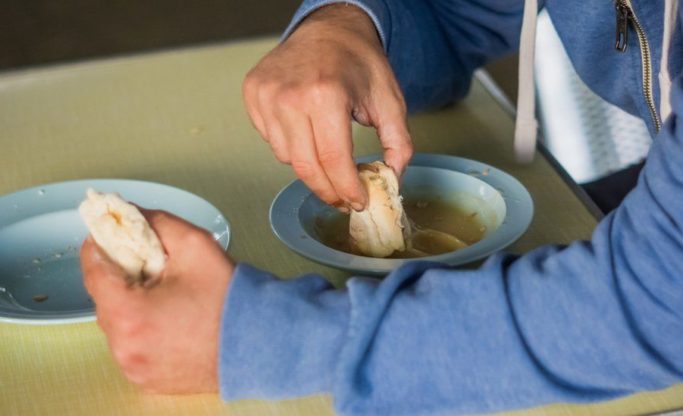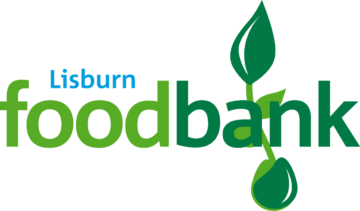
One in 10 children in Northern Ireland live in a “food insecure” household, new official data suggests.
Food insecurity is where there is lack of access, or risk of lack of access, to sufficient, varied food to maintain an active and healthy lifestyle.
The Department for Communities has begun measuring food insecurity as part of its annual analysis of living standards.
Overall 7% of households were estimated to be food insecure in 2019/20.
However looking only at households defined as being in poverty, food insecurity rises to around 15%.
Similarly whereas 10% of children overall were defined as living in a food insecure household, that doubled to around 20% in impoverished households.
The figures are presented on a household rather than individual basis as food insecurity can vary within a household – for example parents going without to give their children more.
The data comes from the Family Resources Survey, a statistically valid sample of approximately 2,000 households in Northern Ireland.
The issue of food insecurity and food poverty has had greater attention in recent years with the growth of food banks.
Food insecurity is likely to have increased during the pandemic as it hit many family incomes.
‘More expensive to buy healthy’
Single mother-of-two Maria McAuley from Belfast receives universal credit but said it “just isn’t enough”.
Speaking to the BBC’s Evening Extra programme, Ms McAuley said she lived “week-to-week” and was heavily reliant on family to feed her and her children.
People without this support would have to visit a food bank, she said.
“It’s so much more expensive to buy healthy food than it is to buy rubbish,” she added.
“You’re trying to make the best choices, but you also know that this money has to last you for 17 days – you need to get as much as you can so your kids don’t go hungry.
“It’s cheaper to buy a 24-pack of crisps than it is to buy a punnet of grapes and it’s cheaper to buy biscuits than it is to buy apples.”

